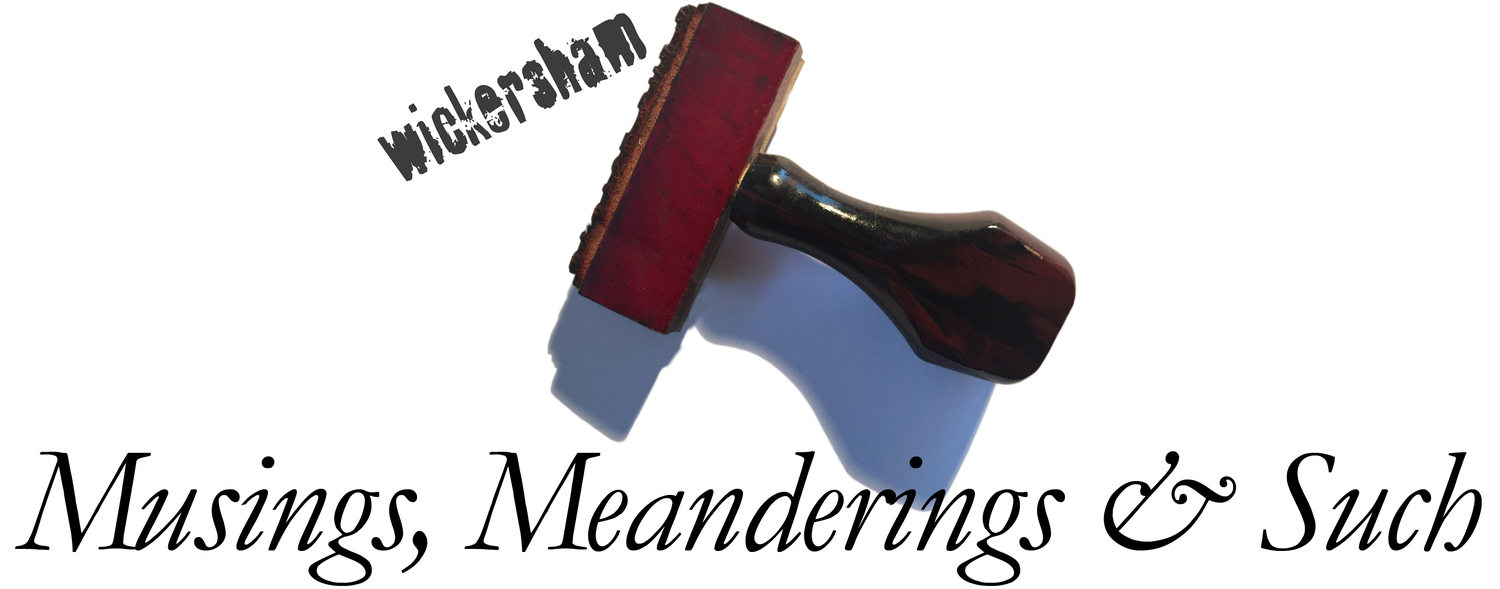The Elephant In The Conference Room
Overcoming Confirmation Bias To Improve Business Outcomes
Of all the cognitive biases that affect business, confirmation bias might be the most insidious. It’s a challenge for many businesses that can negatively impacts performance.Smart C-Suites know this bias well. Confirmation bias is the human tendency to search for, favor, and use information that confirms one’s pre-existing views. Confirmation bias eliminates challenge and free thinking becoming negatively endemic by encouraging accepted conformity in decision-making. It can affect many aspects of an organization, but most critically, it leads to unchallenged, and often flawed strategic decisions.
With the ability to affect all levels within an organization, confirmation bias can result in the two main killers of creativity and ideation resulting in what experts call Expert Think and Group Think; herd mentalities that perpetuate a lack of innovation and challenger thinking. This form of cognitive bias creates a strategic blindness and most businesses don’t have a way to recognize it’s happening. It’s hard to change something if you don’t know that there’s something to be changed.
“When we're inside the bottle we can't see the label.” – Unknown
Confirmation bias can be pervasive in organizations that insist on working with, or hiring people, only with specific vertical experience within their category. This serves only to reinforce biases. The result can be a category blindness that limits fresh, innovative thinking that challenges the status quo – which is typically how the big, disrupting ideas happen. Smart companies know the benefits of working with strategic talent that developed their skillsets in category agnostic, diverse, integrated environments, “T” shaped people. Their expertise is not in a specific category, rather in analyzing and strategizing a business situation with speed and efficiency and applying unbiased, objective analysis to creative ideation to achieve a desired outcomes. Horizontal thinkers.
An outsider’s objective point-of-view is invaluable across the enterprise, yet seeking and evaluating challenging perspectives is often not something businesses are comfortable doing, or even aware they need to do. Overcoming the challenge of confirmation bias relies on two things:
- Awareness. Be aware that confirmation bias exists to some extent in all organizations, at all levels. Be aware of the dangers and acknowledge that judgment can be clouded by it and innovation inhibited. Be aware of the need for diverse objectivity and analysis and the value of contradictory ideas and opinions that challenge convention.
- Leadership & Culture. Leadership must foster a culture where challenging preconceived, dominant mindsets and embedded notions is encouraged. Invite questioning. Aggressively seek out and leverage outside impartiality. Understand and embrace the inherent benefits of outside, unbiased opinions that may disagree with existing opinions.
Smart leadership knows that getting diverse points of view into the system is what allows staff to see things from different angles and to create fundamental shifts in strategy. It allows the organization to see things afresh, to uncover a pivot in viewpoint that reveals an alternative paths to increase performance, market dominance and increased equity value.
Whether an exercise in objective analysis will changes a business's course is to be discovered. It will definitively however, whether challenged or confirmed, provide strategic clarity and confidence in the enterprise’s decision path. And surely, it's worth every penny.
“Where all think alike, nobody thinks very much.” – Walter Lippman

